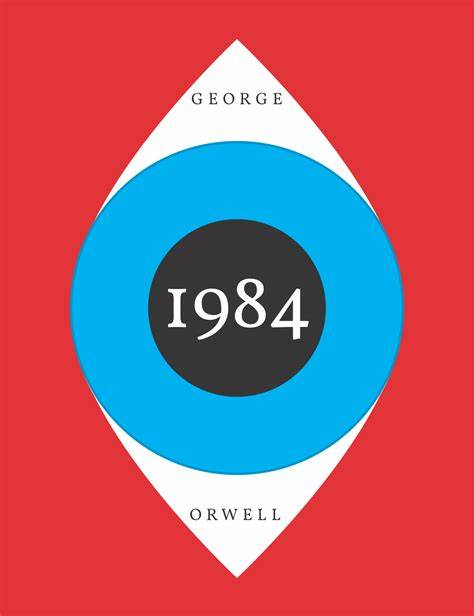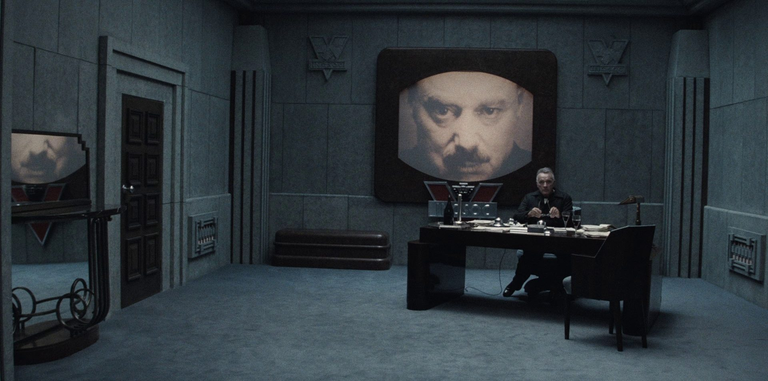
1984 is a dystopian novel and cautionary tale by English writer George Orwell, published in 1949. It depicts a totalitarian society where the ruling Party controls every aspect of life, from history and language to thought and expression. The protagonist, Winston Smith, is a low-ranking member of the Party who works in the Ministry of Truth, where he alters historical records to suit the Party's propaganda. He secretly hates the Party and dreams of rebelling against its leader, Big Brother, whom he suspects is not even real.
The novel follows Winston's journey of resistance and betrayal, as he falls in love with Julia, a fellow rebel, and joins a secret organization called the Brotherhood, led by the mysterious Emmanuel Goldstein. He also meets O'Brien, a high-ranking Party member who seems to share his discontent and offers him a chance to join the underground movement. However, Winston soon discovers that nothing is what it seems, and that the Party is more powerful and ruthless than he ever imagined.
The novel is a masterpiece of political satire and literary criticism, exposing the dangers of totalitarianism, propaganda, surveillance, and psychological manipulation. Orwell draws on his own experiences of living under fascism and communism, as well as his knowledge of history and literature, to create a vivid and terrifying vision of a possible future. He also invents a new language, Newspeak, which is designed to limit human thought and expression, and to prevent any possibility of rebellion.
The novel is not only a gripping story, but also a profound commentary on the nature of power, freedom, truth, and human dignity. It raises important questions about the role of individuality, morality, and resistance in a society that seeks to erase them. It also warns us of the consequences of complacency, conformity, and ignorance in the face of tyranny. 1984 is a timeless and relevant book that challenges us to think critically and creatively about our own world and ourselves.
1984 as a movie

The movie 1984 was filmed during the actual year of 1984, which adds to its authenticity and realism. The movie is faithful to Orwell's vision and captures the bleak and oppressive atmosphere of his novel. The movie also features excellent performances by John Hurt as Winston Smith and Richard Burton as O'Brien, in his last film role before his death. The movie is praised for its accuracy, detail, and relevance to contemporary issues of totalitarianism, censorship, and surveillance.
However, the movie also has some drawbacks and limitations. Some critics argue that the movie is too faithful to the novel and does not offer any new or original insights or interpretations. The movie also suffers from a slow pace, a lack of emotional impact, and a depressing tone that may alienate some viewers. The movie does not fully explore the psychological and philosophical aspects of Orwell's novel, such as the nature of truth, language, and reality. The movie also does not convey the full horror and intensity of Winston's ordeal in Room 101, where he faces his worst fear.